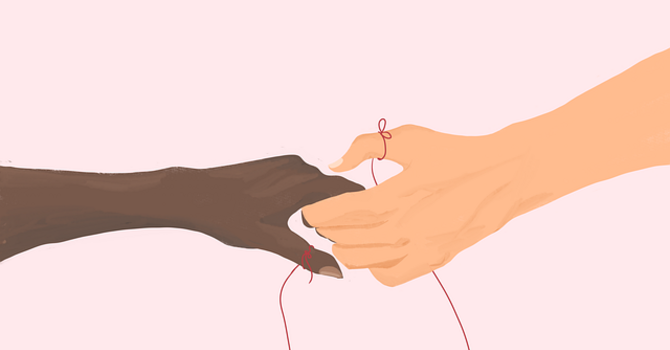
Attention-Deficit/Hyperactivity Disorder (ADHD) isn’t just about distraction or restlessness. It’s a neurodevelopmental condition that can deeply impact how we connect with others, especially in close relationships. Whether it’s with a partner, a child, a friend, or a colleague, ADHD can affect communication, emotional regulation, trust, and daily routines. Understanding how ADHD shows up in relationships is the first step toward compassion, growth, and healthier connection.
1. Communication Challenges
People with ADHD often struggle with impulsivity and attention regulation. This can lead to:
-
Interrupting others mid-conversation
-
Forgetting important details
-
“Zoning out” during discussions
-
Saying things impulsively that may be misinterpreted
These behaviors stem from the core ADHD symptoms of inattention and impulsivity, as outlined by the National Institute of Mental Health.
Tip: Practice active listening strategies together, and use reminders or notes to support memory and focus. Patience and curiosity can go a long way.
2. Emotional Regulation & Sensitivity
ADHD can impair emotional regulation. Many individuals experience sudden mood swings or intense reactions to perceived criticism, described as Rejection Sensitive Dysphoria (RSD).
Dr. William Dodson explains RSD as an intense, painful emotional response to perceived rejection, common in people with ADHD (ADDitude Magazine).
Tip: Learn to pause before reacting. Build in cooling-off periods and develop shared language to express emotional needs calmly and clearly.
3. Executive Function Struggles
ADHD often impacts executive functioning: time management, task organization, and working memory. This might show up as:
-
Missed deadlines or appointments
-
Incomplete chores
-
Difficulty following through on plans
These challenges are well-documented in clinical research, such as a study published in Clinical Neurophysiology and described in ADHD treatment guides by experts like Dr. J. Russell Ramsay.
Tip: Use shared calendars, task apps, or physical checklists. If you're the partner, try to see these struggles as neurological, not personal.
4. Imbalance in Roles
It’s common for one partner (typically without ADHD) to take on the role of organizer or caretaker, while the partner with ADHD may feel micromanaged or criticized. This imbalance can cause friction and resentment over time.
Melissa Orlov, author of The ADHD Effect on Marriage, explores how untreated ADHD can disrupt relationship dynamics and create parent-child patterns between partners.
Tip: Couples therapy, especially with someone trained in ADHD, can help shift the dynamic. Healthy routines, agreed-upon responsibilities, and nonjudgmental communication are key.
5. Strengths That ADHD Brings to Relationships
Despite the struggles, ADHD can also bring unique strengths to relationships like creativity, spontaneity, humor, empathy, and deep emotional investment.
CHADD (Children and Adults with Attention-Deficit/Hyperactivity Disorder) highlights these traits as key strengths that many individuals with ADHD bring into partnerships and friendships.
Tip: Celebrate strengths as much as you work on struggles. Humor, adventure, and shared interests can keep the relationship vibrant.
Final Thoughts
ADHD doesn’t make relationships impossible. It just means the rules might be different. When both people commit to understanding the condition, working on communication, and seeking support when needed, relationships can not only survive but thrive.
If ADHD is affecting your relationships, consider working with a therapist who understands neurodivergence. Resources like CHADD, ADDitude Magazine, and ADHD-specific therapy or coaching can offer validation, guidance, and tools that actually work.
Remember: ADHD is not a character flaw and relationships that are built on empathy, honesty, and mutual effort can absolutely flourish with it.
Sources & References
-
National Institute of Mental Health – ADHD Overview
-
ADDitude Magazine – Rejection Sensitive Dysphoria and ADHD by Dr. William Dodson
-
Clinical Neurophysiology – Neuropsychological Performance in ADHD
-
Melissa Orlov – The ADHD Effect on Marriage
-
CHADD – Living with Adult ADHD
-
Ramsay, J. Russell – The Adult ADHD Tool Kit





